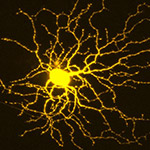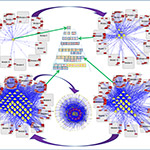Health Data Exploration Project Announces Agile Research Project Awards
The Health Data Exploration project – based at the California Institute for Telecommunications and Information Technology (Calit2) and supported by the Robert Wood Johnson Foundation (RWJF) – has announced five recipients in its $200,000 Agile Research Project competition.














